The Girl Who Dared to Defy : Jane Street and the Rebel Maids of Denver
Setting Jane Street’s story within the wider context of early twentieth century class struggles and the women’s suffrage movement, The Girl Who Dared to Defy paints a fascinating-and ultimately heartbreaking-portrait of one woman’s courageous fight for equality.
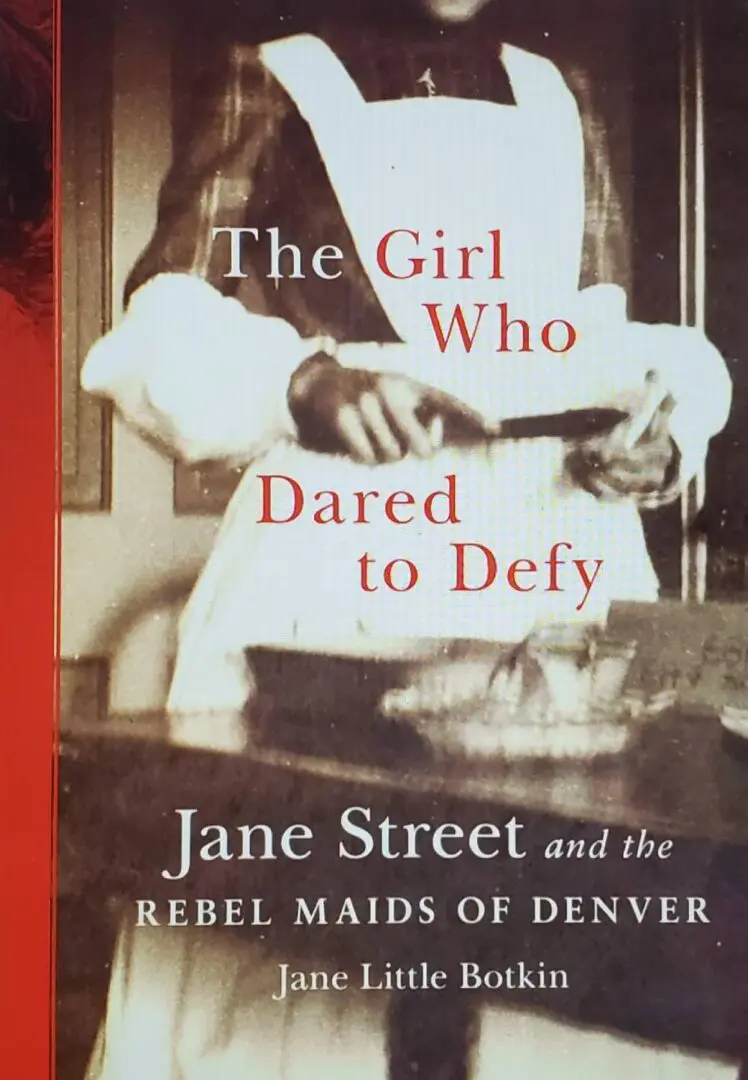
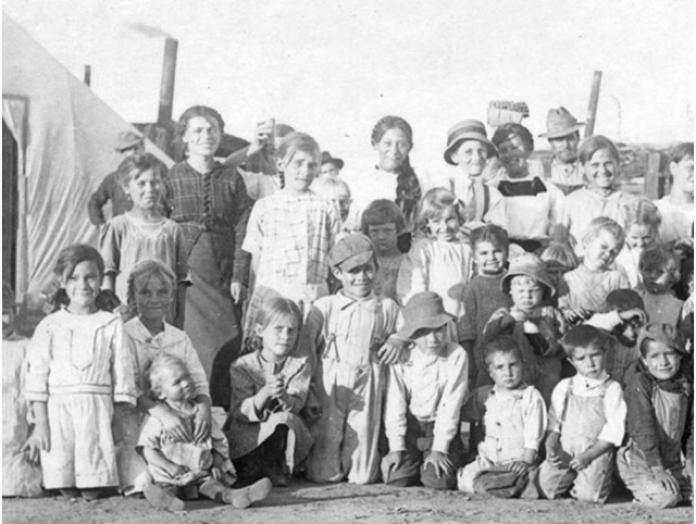
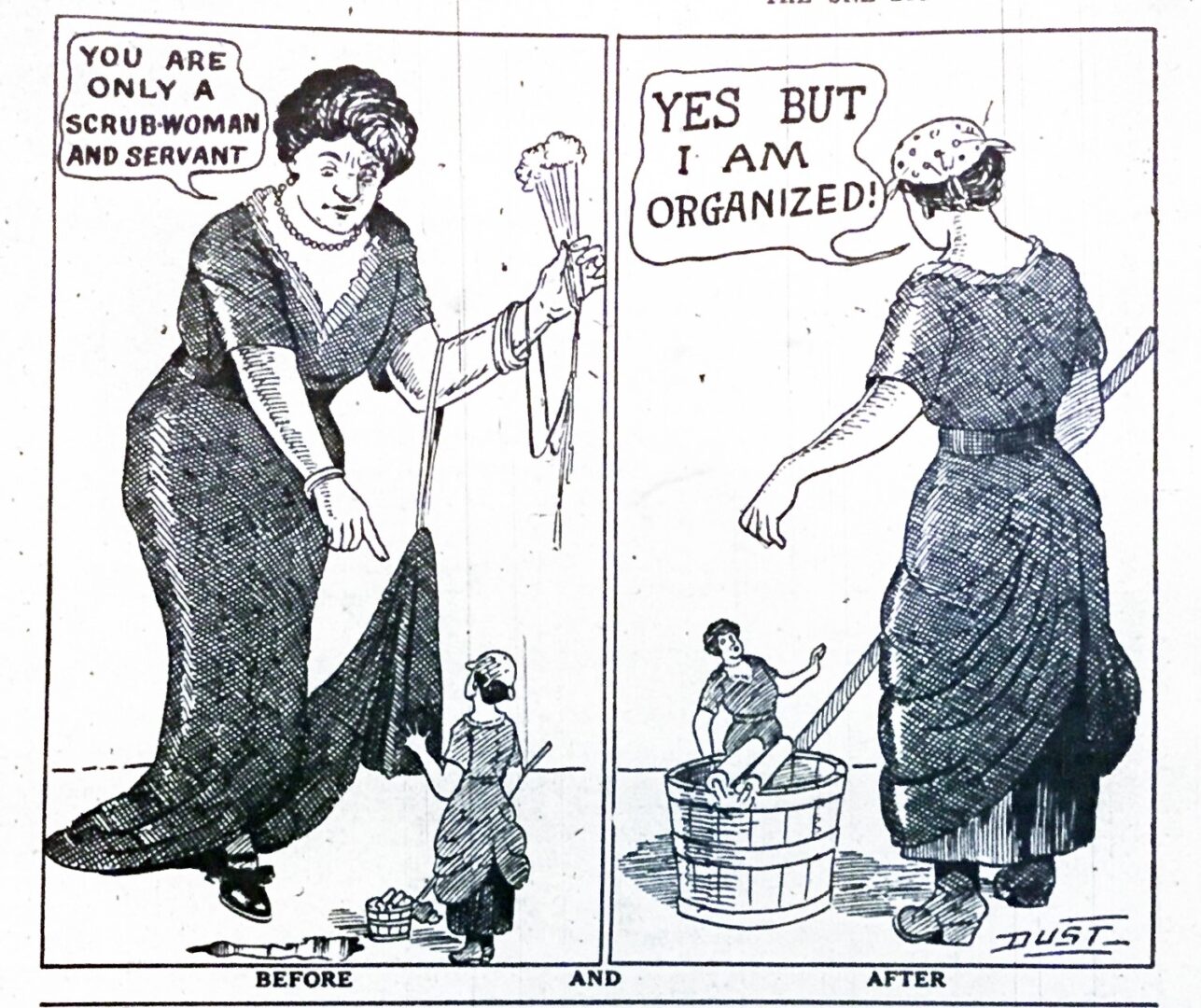
Marcelina Pedregone, her thin skirt partly ablaze in the early morning light, recalled running hard—sprinting northward toward a fence, then crawling into a smoky arroyo where she could lay flat in the rocky dirt, trying to become invisible from the bullets nipping around her legs and feet like a mad dog. She saw some women dodging flames to desperately help their children reach a well and then scramble inside after them, while others sought safety in a pump house, its walls being chewed by gunfire. Amid their shrieks and wails, Marcelina allowed a brief hesitation to worry about her own children she had left behind, Cloriva and Rodgerio, just four months and six years old. They had been staying with the Valdez and Costa children near Tent No. 58, one of about 150 makeshift homes for Colorado’s southern coalfield miners and their families when someone shrieked, “Dynamite! Dynamite!”...
Over a thousand miles away and almost two years after Ludlow, an obscure young woman—a single mother—simultaneously struggled to support her child and improve her lot. That certain ladies had not empathized with Ludlow’s mothers and children personally offended her sense of feminine integrity. Her name was Jane Street, and she resolved to change the status quo.
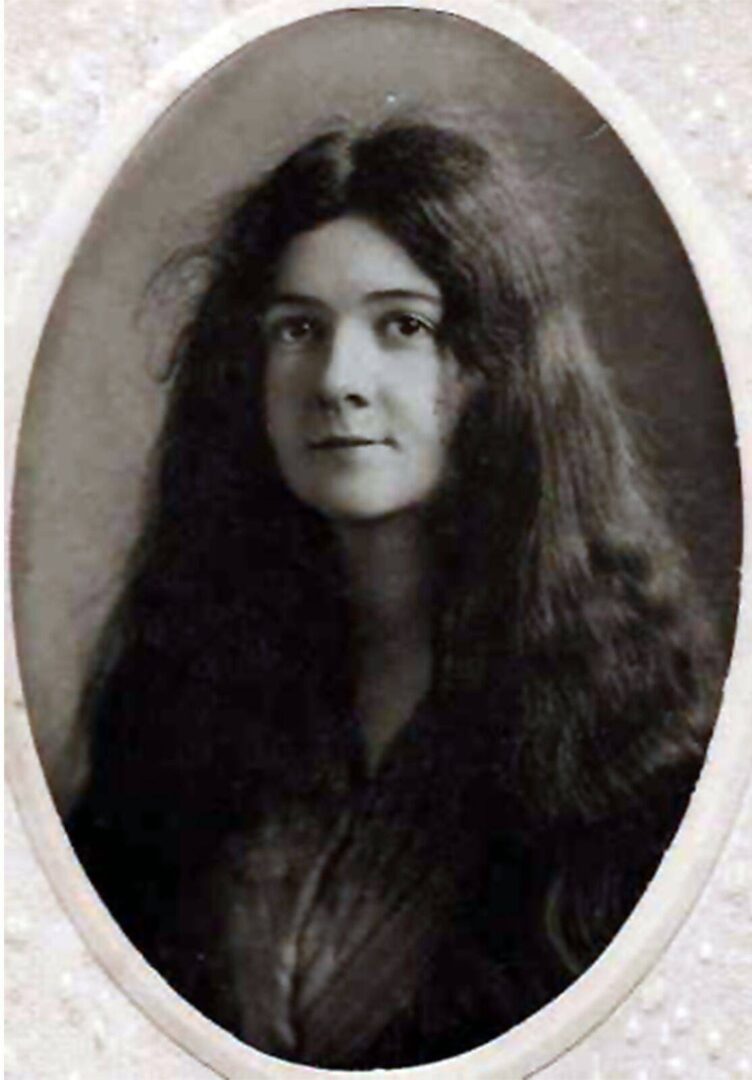
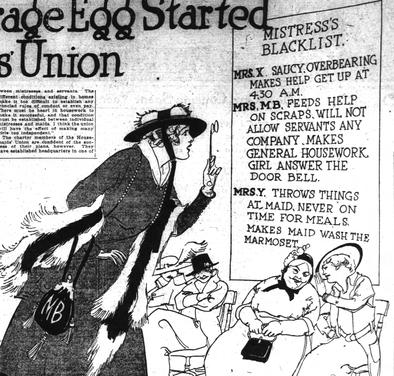
2022 Barbara Sudler Award, Best Book on the West by a Woman Author
2022 Carolyn Bancroft History Prize, Best Book on Colorado or Western American History
2022 Bronze Medal Foreword Indies Awards in Women's Studies
2022 Finalist for the Colorado Humanities Book Award, Biography
2022 Finalist for the Sarton Book Award in Women's Studies
2022 Finalist WILLA Award for Scholarly Nonfiction
Book Details
25 B&W ILLUS
HARDCOVER: 328 pages
ISBN-13: 978-0-8061-6849-4
Published: February 2021
PAPERBACK: 310 pages
ISBN-13: 978-0-8061-9088-4
Published: September 2022
KINDLE
ISBN-13: 978-0-8061-6949-1
Published: February 2021
ePUB
ISBN-13: 978-0-8061-6970-5
Published: February 2021
